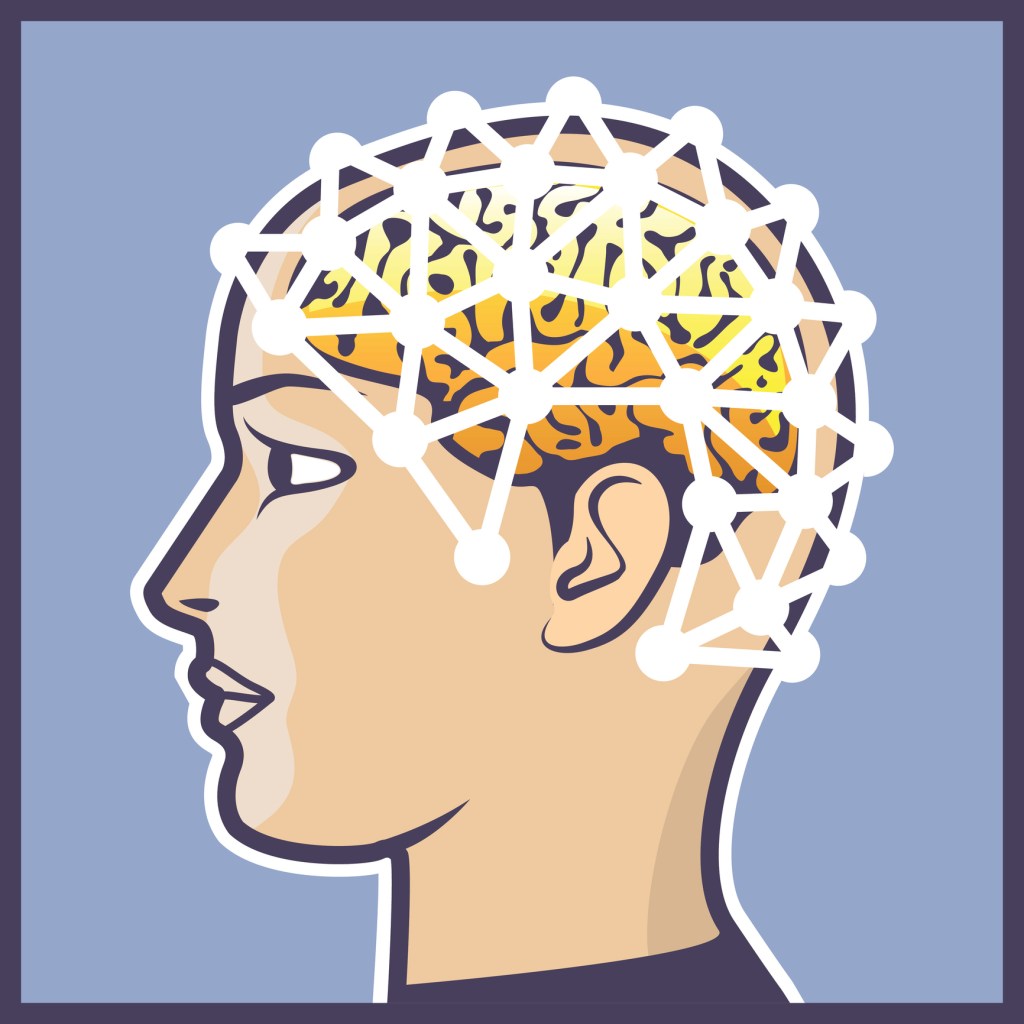This article was originally written by Stephen Beech for SWNS — the U.K.’s largest independent news agency, providing globally relevant original, verified, and engaging content to the world’s leading media outlets.
Whether it’s from pulling an all-nighter in college or being unable to turn your brain off after a hectic day, we’ve all experienced a night of fitful sleep — and the fogginess that sets in the next morning. After your eyes open and you sit up in bed, you may even find yourself wondering what day it is. But why exactly does restless slumber result in this less-than-pleasant feeling? Thanks to a recent study out of MIT, we now have new scientific insight, which might in turn have you prioritizing shut-eye a little more.
According to the research team, attention lapses due to sleep deprivation may coincide with the flushing of cerebrospinal fluid, or CSF, from the brain. That process, which normally occurs during sleep, helps to wash away waste products that have built up during the day and is believed to be necessary for maintaining healthy, normal brain function.

When sleep-deprived, our bodies attempt to catch up on the cleansing process by initiating pulses of CSF flow — but the downside is that our attention becomes “dramatically” impaired, according to a news release.
“If you don’t sleep, the CSF waves start to intrude into wakefulness where normally you wouldn’t see them,” said senior author Laura Lewis. “However, they come with an attentional trade-off, where attention fails during the moments that you have this wave of fluid flow.”
Lewis initially co-authored a 2019 study showing that CSF flow follows a “rhythmic” pattern in and out of the brain during sleep, which is linked to changes in brain waves. She then became curious about what might happen to CSF flow in a sleep-deprived brain. So for the current study, she and her colleagues assessed 26 volunteers, both when they were well-rested and after a night of sleep deprivation. In the morning, the participants went in a functional magnetic resonance imaging, or fMRI, scanner, while donning electroencephalogram caps to record their brain waves.

From there, they performed two attentional tasks: one visual, in which they were instructed to press a button when they saw an image change shape, and one auditory, where they were told to react when hearing a beep. These tests allowed the researchers to measure the blood oxygenation in their brains and the flow of CSF, as well as each participant’s heart rate, breathing rate, and pupil diameter.
The findings are unsurprising — sleep-deprived participants performed much worse on the tasks than their well-rested counterparts. For certain stimuli, the tired participants never registered the change, and in general, their response times were slower. The research team also identified several physiological shifts that occurred at the same time as the momentary lapses of attention: CSF flowed out of the brain while those lapses occurred, and after each lapse, the fluid flowed back into the brain.
“The results are suggesting that at the moment that attention fails, this fluid is actually being expelled outward away from the brain,” Lewis said in the release. “And when attention recovers, it’s drawn back in.”
According to lead author Zinong Yang, the brain tries to enter a “sleep-like state to restore some cognitive functions” when it’s desperately in need of rest. “Your brain’s fluid system is trying to restore function by pushing the brain to iterate between high-attention and high-flow states,” she said.
Several other physiological events were found to be associated with attentional lapses — including decreases in breathing and heart rate, and constriction of the pupils. Pupils began constricting about 12 seconds before CSF flowed out of the brain, and dilated again after the attentional lapse. These findings indicate that the event affects the entire body, and that there may be a single circuit that controls both attention and bodily functions such as fluid flow, heart rate, and arousal, Lewis said.
“It suggests that there’s a tight coordination of these systems, where when your attention fails, you might feel it perceptually and psychologically, but it’s also reflecting an event that’s happening throughout the brain and body,” she explained, adding: “These results suggest to us that there’s a unified circuit that’s governing both what we think of as very high-level functions of the brain -— our attention, our ability to perceive and respond to the world — and then also really basic fundamental physiological processes like fluid dynamics of the brain, brain-wide blood flow, and blood vessel constriction.”












